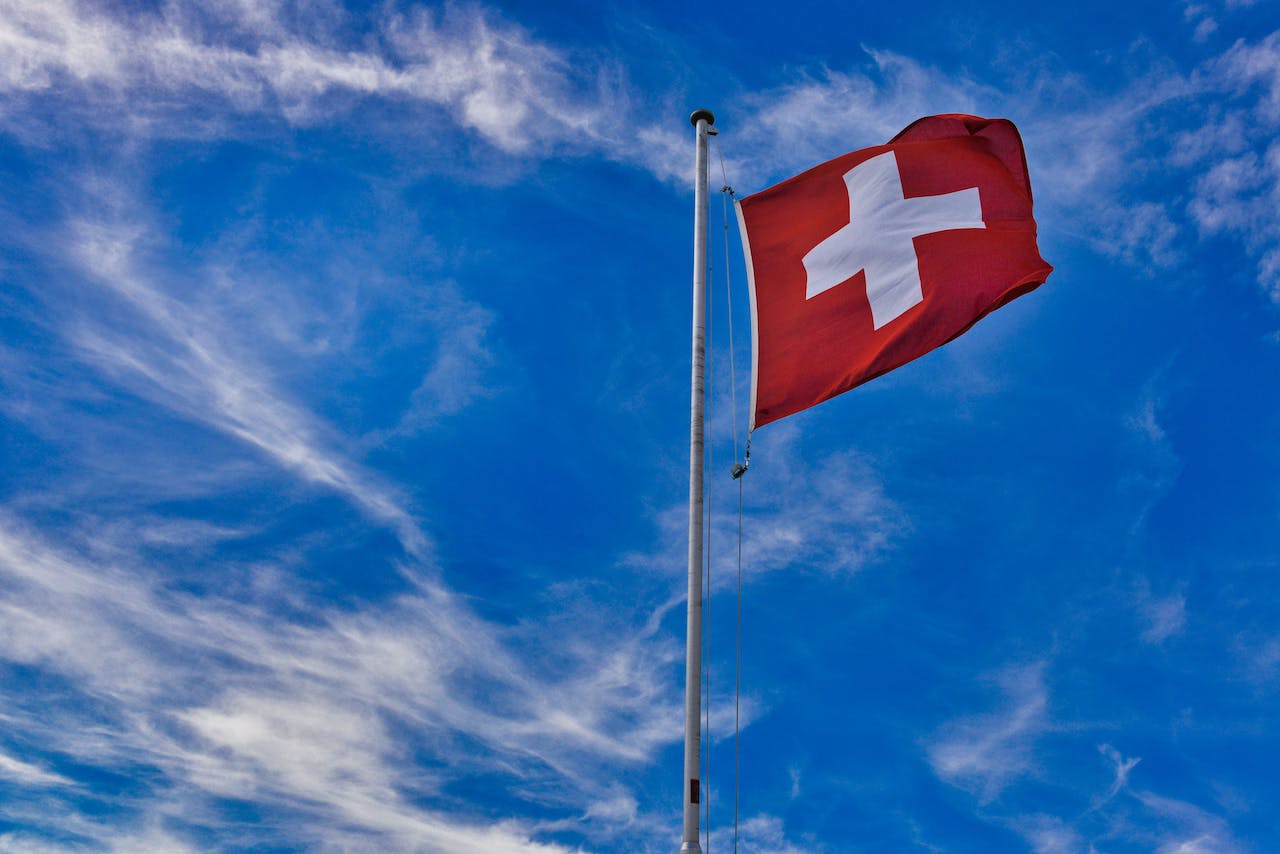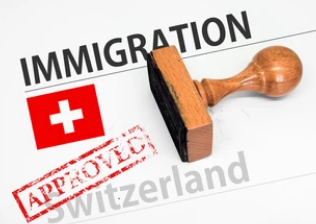A recent court judgment pronounced in Zurich has highlighted the fact that maintaining a B permit after a divorce can be sometimes challenging when the permit was obtained through family reunification. Thus, the law grants the right to a Swiss citizen or C permit holder to live in Switzerland with his foreign spouse and children (art. 42 and 43 LEI). A B permit holder is also allowed to apply for family reunification in Switzerland under certain conditions: the main applicant should not be dependent on social benefits and should be able to demonstrate housing arrangements spacious enough to host his family (art. 44 LEI).
A family reunification application must be lodged to cantonal authorities within a maximum period of 5 years. For children over 12 years old, the process should take place within 12 months. Through this procedure, spouses and children obtain a B permit allowing them to live and work in the country as long as they live with the main applicant and share the household. Children under 12 years old directly obtain a C permit if the main applicant is Swiss or holds a C permit (art. 43 al. 3 LEI).
After 5 years of consecutive residency in Switzerland holding a B permit, a C permit is granted to the spouse. However, if the marriage breaks during these first 5 years and a divorce is pronounced, non-European spouse and children can see their B permit revoked by cantonal authorities.
Art. 50 LEI stipulates that in the case of a divorce, spouses and children can remain in Switzerland if:
- the marriage has lasted a minimum 3 years in Switzerland sharing the household and
- if the integration has been successful (knowledge of a national language, social integration and stable employment) or
- if a necessity to stay in Switzerland for major reasons exist (domestic violence or social difficulty to reintegrate the country of origin).
The case is different for UN staff and legitimation card holders (CDLs and Ci permits). If you hold a CDL or a Ci permit as a dependent, your residency rights are tied to the main CDL holder employed by the international organization (art. 20 OLEH). Unfortunately, there are no options to remain in Switzerland after a divorce if you are a non-EU citizen, unless your employer is willing to apply for a work permit on your behalf. In the practice however, children can be sometimes authorized to remain in the country until the end of school year.
Regarding the recent federal court judgment concerning an Argentinian citizen living in Zurich seeing his B permit revoked after his separation with a Swiss citizen, art. 8 CEDH (Convention on European Court of Human Rights) invoking the protection of citizens’ private life, was raised. The applicant was living in Switzerland for approximately 10 years and was well integrated. The revocation of his B permit after his separation was therefore considered as a potential violation of human rights after such a period of time, where his social and professional ties were strong.
Therefore, if the marriage lasted less than 3 years in Switzerland and the conditions stated above are not met, family reunification applicants will see their permits revoked by authorities after a divorce. Non-Europeans B permit holders will be asked to leave the country after a certain period of time while Europeans citizens will need to lodge a new independent B permit application.
12/01/20 – Nicolas Mossaz, partner at OA Legal and founder of Legal Expat




